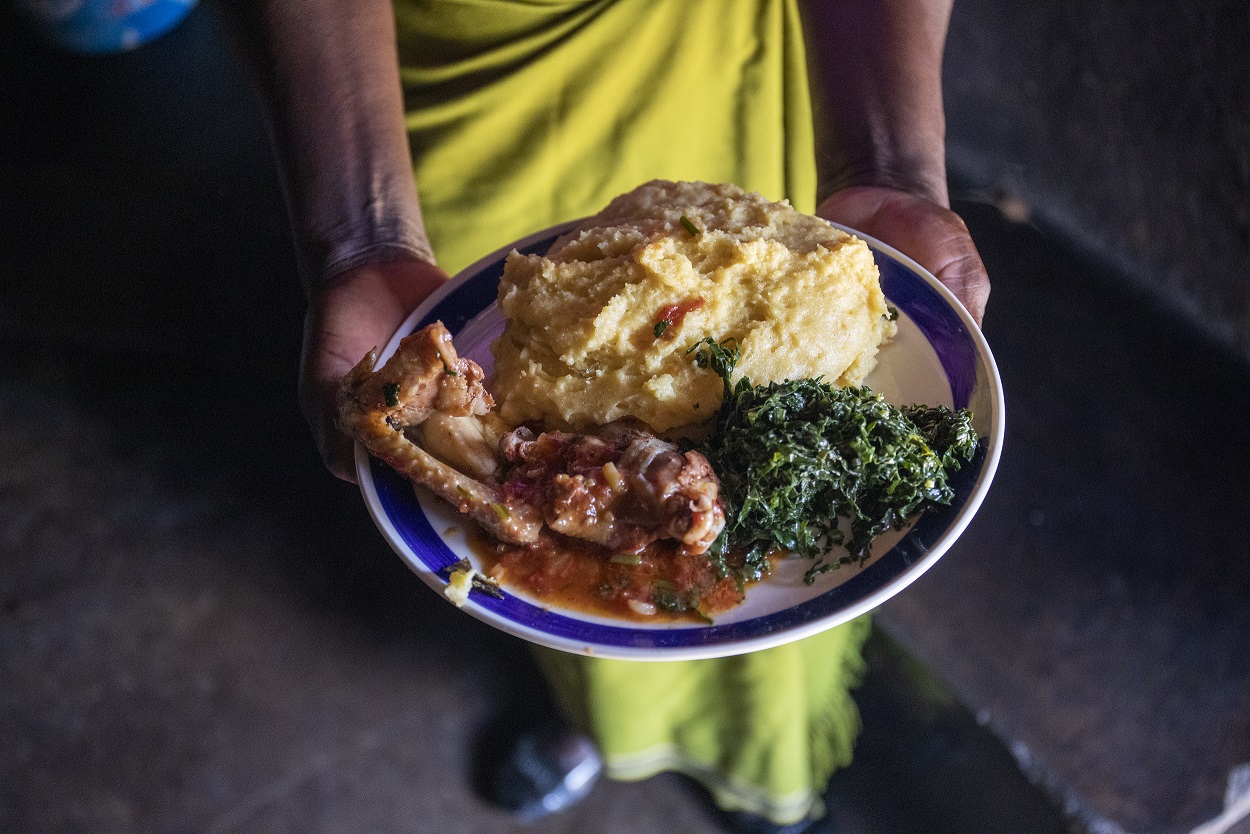
Between the 21st and 28th of March, the Week of Solidarity with the Peoples Struggling Against Racism and Racial Discrimination is being held to raise awareness about fighting different forms of racial discrimination worldwide, especially those whose human rights are neglected due to skin colour or ethnicity. Discrimination and racism also impact access to healthy food and a balanced diet.
According to the latest State of Food Security and Nutrition in the World (SOFI) report, a much larger proportion of the population in Africa faces hunger compared to other regions of the world – nearly 20% compared to 8.5% in Asia, 6.5% in Latin America and the Caribbean, and 7.0% in Oceania.
The date was instituted by the United Nations (UN) following the events of March 21st, 1960, when the black population of South Africa staged a peaceful protest demanding the abolition of the Pass Law, which required black people to carry a passbook enabling them to move in specific areas as a form of state control under the Apartheid regime. During the demonstration, participants deliberately left their passbooks at home to be mass-arrested and challenge administrative institutions. Sixty-nine people were killed, and others were injured on that day.
Although racism was expressed through violence at that time, there are different forms of racism in society, as has been observed over the years. The UN Secretary-General Antonio Guterres reported on the last 21st that racism affects communities differently, denies dignity, and violates rights, marking the International Day for the Elimination of Racial Discrimination. The human right to adequate food has been denied to some groups, especially the black community.
“People of African descent face a unique history of systemic, institutionalized racism and profound challenges today. We must respond to that reality – learning from and building on the tireless advocacy of people of African descent. That includes governments advancing policies and other measures to eliminate racism against people of African descent”, Guterres said in an official speech.
Therefore, promoting access to healthy and adequate food, clean water, and quality education is one manner of paving the way for racial equality. In this context, the Beyond Cotton project, a joint initiative of the Centre of Excellence and the Brazilian Cooperation Agency (ABC), with support from the Brazilian Cotton Institute, also strengthens the fight against discrimination and racism by promoting access to healthy and adequate food and improving income in three African countries: Mozambique, Benin, and Tanzania.
One of the project’s objectives is to assist in the food security and nutrition of African family farmers by enabling a production surplus and commercializing cotton-intercropped foods for school feeding, such as maize, beans, sorghum, and mapira. The activities carried out in Benin, Mozambique, and Tanzania, in addition to promoting the income improvement of family farmers, contribute to higher consumption of healthy foods by children, which consequently improves educational development, promoting a fairer and more equal education. Learn more about the project here.




